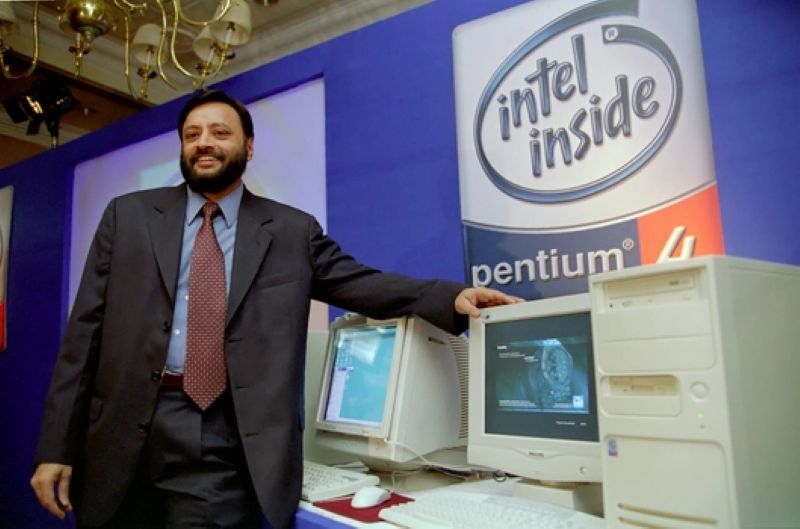Intel's Pentium project manager and former India head Avtar Singh Saini dies at 68
Mumbai police are currently investigating a bicycle crash.

Get Tom's Hardware's best news and in-depth reviews, straight to your inbox.
You are now subscribed
Your newsletter sign-up was successful
Former Intel India head Avtar Singh Saini has died following a cycling crash in Nerul, Mumbai, the Hindustan Times reports. He was 68. Saini was with Intel for 22 years and was involved with the development of numerous Intel processors for both consumer and server businesses.
Saini was hit by a cab while cycling at 5:50 a.m. local time, according to Mint. Details on the apprehension of the suspect differ between reports. The Times states that the cab driver was "apprehended by the passersby" at the scene and passed on to the police. Mint says that the driver was not arrested. Both suggest that charges of rash driving, among other allegations, have been filed.
"At Intel, we are deeply saddened by the demise of former country manager and director Intel South Asia, Avtar Saini," Gokul V Subramaniam, Intel India's current president and VP of client computing group, platform & systems wrote on LinkedIn. "Avtar played a key role in setting up the Intel R&D centre in India. He had a long and illustrious career at Intel from 1982 to 2004 during which he was instrumental in the design of several processors including Intel 386, Intel 486, Pentium, and more. Avtar will be remembered as a prolific inventor, an outstanding leader and a valuable mentor."
Saini studied Bachelor of Engineering in electrical engineering at the Victoria Jubilee Technical Institute where he's one of the notable alumni and graduated from the University of Minnesota with a Master's degree in electrical engineering. He joined Intel in 1982 and was involved with the company's transition to 64-bit processors while initially working as the general manager at Intel's Santa Clara Microprocessor division.
Saini played a crucial role throughout his career involving CPU development and establishing an R&D Centre in India. He worked on the Intel 386 and 486 CPUs. Later, he co-led the development of the Intel Pentium processor family introduced in March 1993 and the first phase of the 64-bit Itanium processor's development and holds seven patents associated with microprocessor design. He later relocated to India as the director for South Asia in 1999 where he was able to set up Intel's R&D division. He later became the vice president of Intel India until he left the company in 2004.
The contributions Saini made helped the evolution of processors for desktops, notebooks, and data servers through the 1990s and 2000s.
Get Tom's Hardware's best news and in-depth reviews, straight to your inbox.

Roshan Ashraf Shaikh has been in the Indian PC hardware community since the early 2000s and has been building PCs, contributing to many Indian tech forums, & blogs. He operated Hardware BBQ for 11 years and wrote news for eTeknix & TweakTown before joining Tom's Hardware team. Besides tech, he is interested in fighting games, movies, anime, and mechanical watches.
-
GhostGreyWolf The first PC I fully built was an 80386DX-20MHz. While I've owned earlier, it's really the foundation of 32-bit computing; that time taught me a lot and benefits me to this day.Reply
RIP, and my condolences to his family.